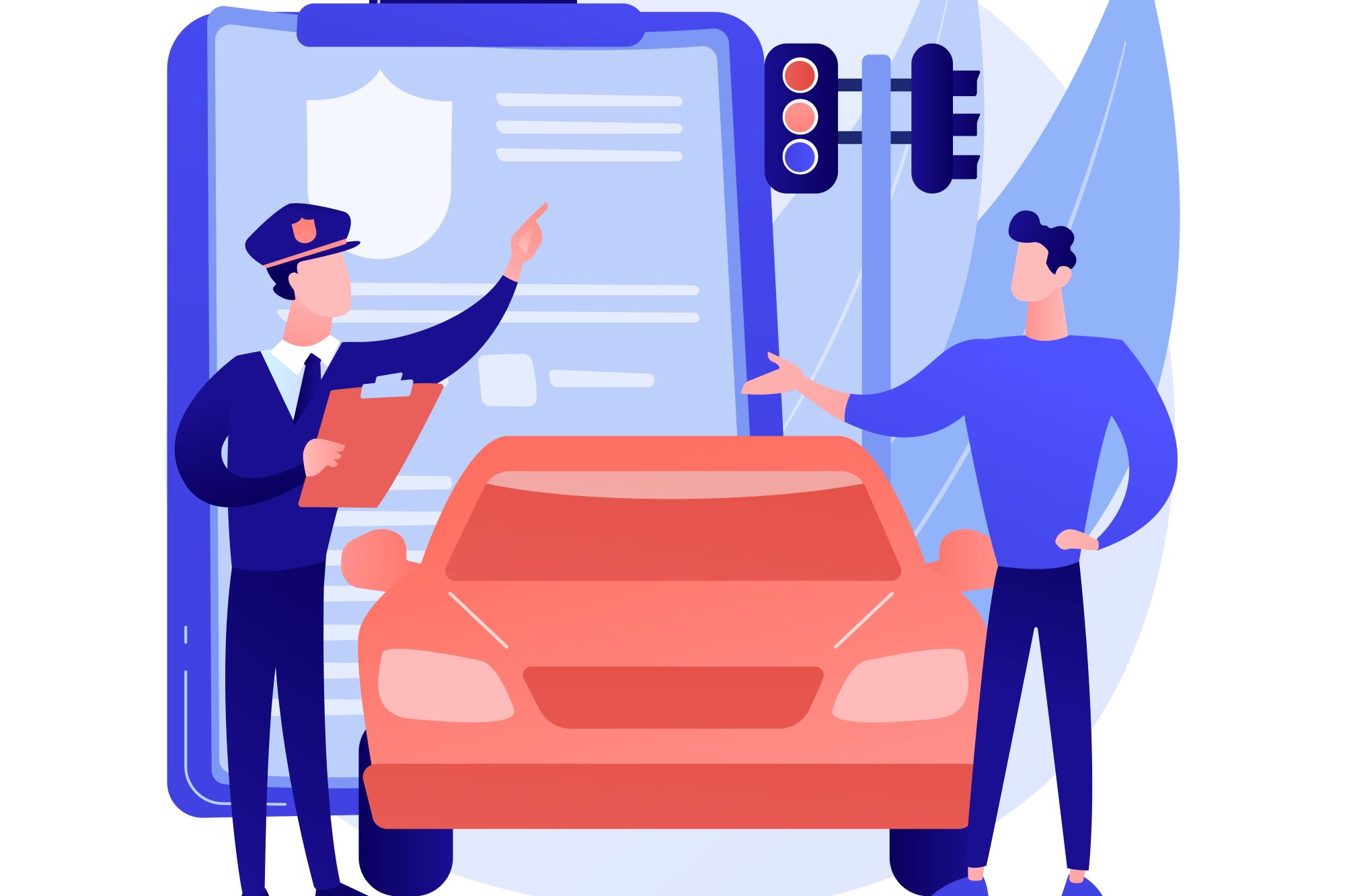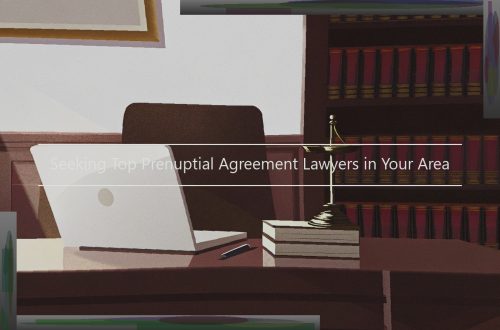
Traffic Law: What Happens If You Get a Ticket While on Deferred Disposition?
Navigating traffic laws can often feel like a maze, especially when you’re already on deferred disposition. You might be wondering, “What happens if I get another ticket while I’m on deferred disposition?” This article delves into the intricacies of this situation, offering you a comprehensive guide on what to expect, how to handle it, and the potential implications for your driving record and legal standing.
Understanding Deferred Disposition
What is Deferred Disposition?
Deferred disposition is a legal mechanism that offers drivers an opportunity to resolve a traffic citation without having the offense appear on their driving record. Think of it as a second chance, where the court temporarily suspends the final judgment on your ticket in exchange for your commitment to comply with specific conditions. These conditions can vary but often include paying a fine, attending a defensive driving course, or agreeing not to commit any new violations for a set period, typically ranging from 30 days to 6 months.
How Does It Work?
When you opt for deferred disposition, you’re essentially entering into an agreement with the court. This agreement requires you to comply with several conditions within a designated time frame. For example, you might need to pay a specific fine by a certain date, attend a state-approved defensive driving course, or maintain a spotless driving record for the duration of the agreement. If you successfully meet all the conditions, the ticket is dismissed, and it does not impact your driving record or insurance rates. However, if you fail to adhere to any part of the agreement—like getting another ticket or missing a deadline—the original ticket may be reinstated.
Why Opt for Deferred Disposition?
Many drivers choose deferred disposition as a strategic way to avoid the negative consequences of a traffic violation. Points on your driving record can quickly add up, especially if you have multiple infractions, leading to severe penalties such as increased insurance premiums or even the suspension of your driver’s license. Deferred disposition provides a way to avoid these points altogether by adhering to the court’s conditions. It’s particularly beneficial for drivers with a generally clean record who want to prevent a single mistake from having a long-lasting impact.
The Impact of Receiving a New Ticket
What Happens if You Get a Ticket While on Deferred Disposition?
Receiving a new ticket while on deferred disposition can complicate your situation. Here’s what you need to consider:
- Violation of Deferred Disposition Terms: The new ticket may be seen as a violation of the terms of your deferred disposition. Courts generally require you to maintain a clean driving record, and a new ticket could be interpreted as failing to meet this condition.
- Potential Consequences: If the court deems that you’ve violated the terms, several things could happen:
- The original ticket may be reinstated.
- Additional penalties may be imposed, including fines or other court-imposed requirements.
- Your new ticket may be processed separately, with its own set of consequences.
Steps to Take If You Get a New Ticket
- Review the Terms: Carefully review the conditions of your deferred disposition agreement. Understanding these terms will help you determine the potential impact of the new ticket.
- Consult with an Attorney: If you’re unsure about how the new ticket affects your deferred disposition, consulting with a traffic attorney can provide clarity and guidance on how to proceed.
- Attend Court Hearings: You may need to appear in court to address both the new ticket and any potential violations of your deferred disposition.
Possible Outcomes and Penalties
Reinstatement of Original Ticket
When you receive a new ticket while on deferred disposition, the court may view this as a violation of the agreement’s terms. If so, the original ticket that was temporarily dismissed could be reinstated, meaning you would have to address all associated penalties. These penalties often include the original fine amount that was previously suspended or deferred. Additionally, points may be added to your driving record, which can negatively impact your insurance rates, as insurers often raise premiums for drivers with points on their records. In more severe situations, especially if you have multiple violations, you could face a suspension of your driver’s license, which would restrict your ability to drive legally.
Additional Fines and Penalties
Beyond the reinstatement of the original ticket, the court may impose additional fines and penalties for the new ticket you’ve received. These extra costs can add up quickly. For example, the fine for the new traffic violation may be higher than usual, reflecting the fact that you’ve violated the terms of your deferred disposition. You could also incur additional court costs, which cover administrative fees and any other expenses related to court proceedings. Furthermore, with each additional ticket or violation, your insurance rates may continue to rise, as insurers consider frequent traffic violations to be indicators of risky driving behavior.
| Outcome | Description | Impact on Driving Record | Financial Consequences |
| Reinstatement of Original Ticket | The original ticket is reinstated due to the violation of deferred disposition terms. | Points added to your record, potential license suspension. | Must pay the original fine amount. |
| Additional Fines | New ticket leads to higher fines than usual. | More points may be added, further impacting insurance rates. | Higher fines for the new violation. |
| Court Costs | Additional costs for attending court hearings and legal proceedings. | None directly on the driving record but affects legal standing. | Court appearance fees and administrative costs. |
| Increased Insurance Rates | Due to multiple violations, insurance companies may raise premiums. | Indirectly affected by accumulated points. | Higher insurance premiums over time. |
Handling Multiple Tickets
Addressing Multiple Tickets Simultaneously
If you receive multiple tickets, whether during deferred disposition or not, it’s crucial to handle each ticket appropriately. Here are some strategies:
- Prioritize Your Tickets: Determine which tickets need immediate attention and address them first.
- Seek Legal Advice: Consulting with a traffic attorney can help you navigate the complexities of handling multiple tickets and ensure that you meet all legal requirements.
Possible Legal Strategies
- Negotiate with the Court: Sometimes, you can negotiate with the court to reduce fines or penalties, especially if you have a good driving record.
- Attend Defensive Driving Courses: Completing defensive driving courses may help mitigate the impact of new violations and demonstrate your commitment to safe driving.
Defensive Driving and Its Role
How Defensive Driving Courses Can Help
Defensive driving courses are an effective way to manage traffic violations and fulfill the conditions of a deferred disposition. These courses provide practical training on safe driving techniques, helping you become more aware of road hazards and better equipped to handle unexpected situations. Completing a defensive driving course can often reduce the points on your driving record, which can prevent the accumulation of points that could lead to license suspension or higher insurance premiums. Moreover, by taking such a course, you demonstrate to the court that you are proactive about improving your driving skills and taking responsibility for your actions. This can sometimes lead to more favorable outcomes, such as reduced fines or penalties.
Choosing the Right Course
Selecting the right defensive driving course is essential to ensure it meets the specific requirements set by the court or your state’s Department of Motor Vehicles (DMV). First, check if the course is approved by your state or local jurisdiction; this guarantees that completing it will have the desired legal effects, such as reducing points or fulfilling deferred disposition conditions. Next, consider the format that works best for your schedule—many courses are available online, offering flexibility to complete them at your own pace, while others may be offered in-person, providing a more structured environment. Finally, look for courses with positive reviews and feedback from previous participants, as this can indicate a quality program that effectively teaches defensive driving skills and satisfies court requirements.
Legal Advice and Representation
Why You Might Need an Attorney
Navigating the complexities of traffic law, especially with deferred disposition and multiple tickets, often requires legal expertise. An attorney can assist with:
- Understanding Your Rights: Clarifying your legal rights and options.
- Negotiating with the Court: Helping you reach favorable agreements with the court.
- Representing You in Court: Providing representation during court proceedings.
Finding the Right Traffic Attorney
When selecting a traffic attorney, consider:
- Experience: Choose someone with experience in handling cases similar to yours.
- Reputation: Look for attorneys with positive client reviews and a strong track record.
- Fees: Understand the fee structure and ensure it fits your budget.
Preventing Future Issues
Maintaining a Clean Driving Record
To prevent complications with deferred disposition and multiple traffic tickets, it’s crucial to focus on maintaining a pristine driving record. Start by adhering to all traffic laws and regulations—this means obeying speed limits, using turn signals, and avoiding reckless driving. Safe driving practices not only help you avoid tickets but also protect you and others on the road. Regular vehicle maintenance is equally important; ensure that your car is well-maintained to avoid issues like faulty lights or brakes, which can lead to traffic violations. Additionally, staying informed about changes in traffic laws and regulations is essential. Traffic laws can evolve, and being aware of these changes helps you avoid unintentional violations and ensures that you’re always compliant with the latest rules.
Utilizing Technology
Modern technology offers several tools to help you monitor and improve your driving habits. Driving apps can be particularly useful as they track your driving behavior and provide feedback on how to improve. These apps can alert you to potential issues like harsh braking or speeding, allowing you to make adjustments before they lead to a ticket. GPS systems also play a crucial role; they not only help you navigate but can also provide real-time traffic updates and alerts about speed limits. By utilizing these technological tools, you can better manage your driving habits, avoid traffic violations, and maintain a clean driving record. This proactive approach helps in staying ahead of potential issues that could complicate your deferred disposition status.




